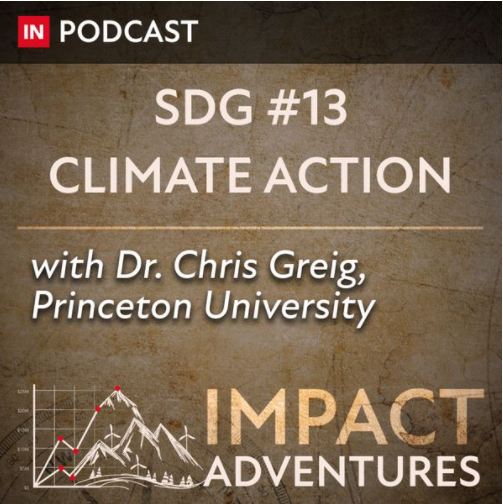In this episode, you’ll hear:
- What is climate change and why is it occurring?
- What is the Net Zero America Project?
- How can the United States create a net-zero economy by 2050?
- What role will finance play in the revolution in the economy?
Related Article: Climate report to add pressure on governments to decarbonize
Related Article: SEC’s Gensler takes to Twitter to push mandatory climate disclosures
Related Article: What the U.N.’s climate change report means for advisers
The Net Zero America Project report
IPCC Climate Change Report: Sixth Assessment
Guest Bio: Chris Greig commenced a 25-year career in industry in 1986 as the co-founder of a successful process technology and contracting company, which he sold in 1999 to a major European engineering company. From 1999 to 2011, he held senior project and executive roles in the construction and energy resources sectors, including as CEO of ZeroGen, a large-scale carbon capture and storage (CCS) project. In 2011 he joined the faculty of the University of Queensland (Australia), where he led both the UQ Energy Initiative and the Dow Centre for Sustainable Engineering Innovation. He also served as chairman of the Energy Policy Institute of Australia, deputy chairman of Gladstone Ports Corporation, and non-executive director of two ASX-listed engineering companies. He was a Gerhard R. Andlinger Visiting Fellow in Energy and Environment at the Andlinger Center from 2018 to 2020, and joined Princeton University as a senior research scientist in August 2020. He also holds an adjunct professorship at UQ. Chris has a PhD in chemical engineering from UQ and is a fellow of the Australian Academy of Technological Sciences and Engineering. His research interests lie in energy transitions, economics and policy, energy for development, mega-project implementation, and CO2 capture and storage systems.








